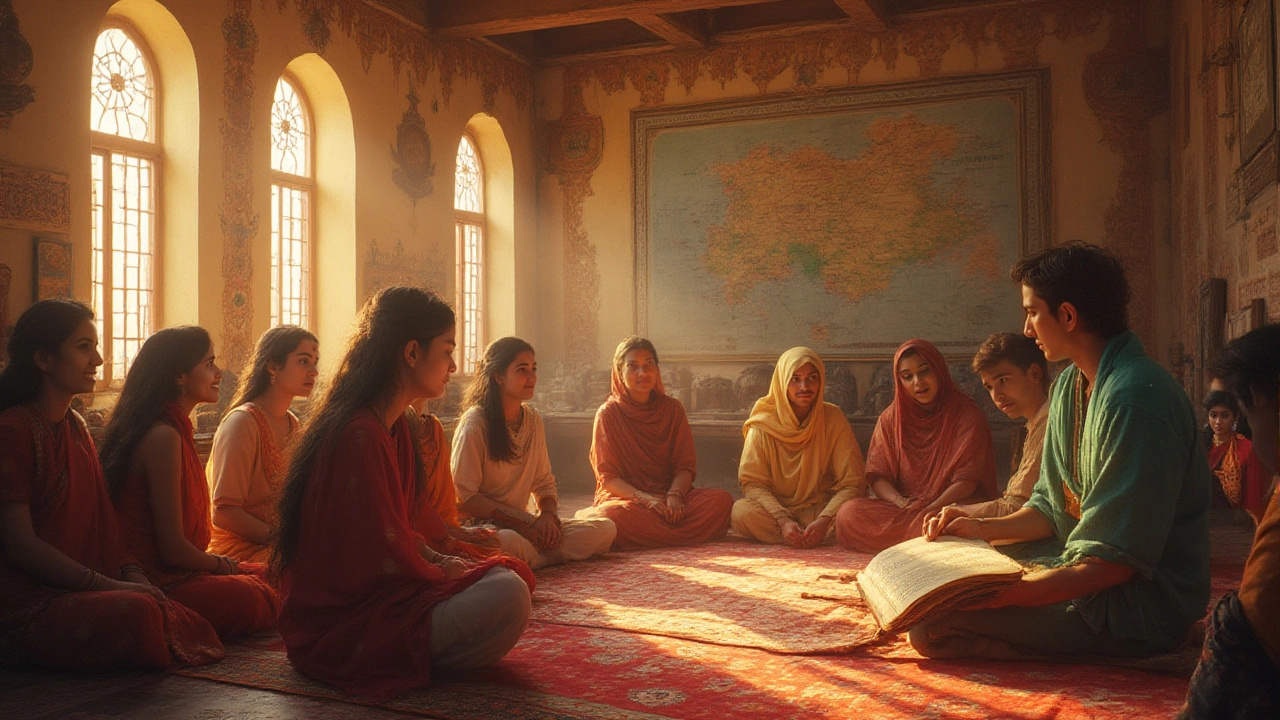
Indian Heritage and Culture: Exploring Its Subjects, Origins, and Modern Influence
Crack open the true subjects of Indian heritage and culture, discover their real-life applications, and see how they're taught and lived today.
Looking for straight‑forward info about education in India? You’re in the right spot. From primary schools to online courses, we’ll break down the basics, point out recent trends, and give you tools to make smarter study choices.
India follows a 10+2 structure. Kids start with pre‑primary (play‑school, nursery), then ten years of general schooling (grades 1‑10). After that, they choose a stream—science, commerce, or arts—for grades 11‑12. Board exams at the end of grade 10 (CBSE, ICSE, State Boards) decide the stream, and the grade‑12 exams determine college eligibility.
Public schools are run by the government and usually charge low fees. Private schools charge more and often promise better facilities, smaller class sizes, and English‑medium instruction. Both types follow the same board curriculum, but teaching quality can vary a lot.
Since the pandemic, e‑learning has exploded. Platforms like BYJU'S, Unacademy, and Khan Academy India offer video lessons, live classes, and test prep. Many students use these tools to supplement school work or to prepare for competitive exams like JEE, NEET, and UPSC.
Another big trend is skill‑based education. Programs in coding, digital marketing, and data analysis are popping up in colleges and private institutes. Employers are looking for practical skills, so students are adding short‑term certifications to their resumes.
Government schemes also aim to improve access. The "Saakshar Bharat" mission focuses on adult literacy, while "Kishore Vaigyanik Protsahan Yojana" (KVPY) encourages young scientists by offering scholarships and research opportunities.
If you’re a parent, keep an eye on school rankings, teacher qualifications, and extracurricular options. A balanced school should nurture academics, sports, and arts. For students, plan ahead: pick a stream that matches your strengths, and use online resources to fill any knowledge gaps.
College admissions are competitive, especially for top institutes like IITs and AIIMS. Start early with mock tests, join study groups, and consider coaching if you need extra guidance. Remember, consistent practice beats cramming every time.
Whether you’re a student, a parent, or just curious about how education works in India, the key is to stay informed and use the right tools. Check out the latest exam dates, explore free online courses, and don’t forget to balance study time with rest. Education isn’t just about grades—it’s about building skills that last a lifetime.

Crack open the true subjects of Indian heritage and culture, discover their real-life applications, and see how they're taught and lived today.